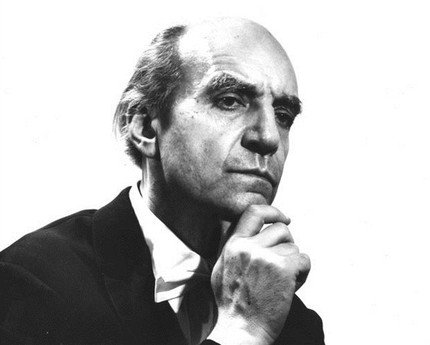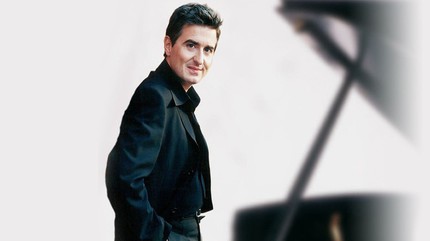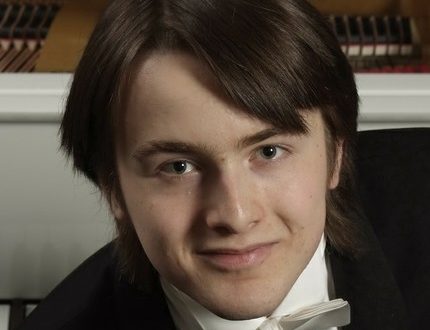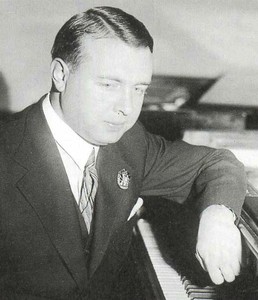
Alexander Georgievich Bakhchiev |
Alexander Bakhchiev

Concerts with the participation of Bakhchiev, as a rule, attract the attention of listeners: it is not so often that you can hear a cycle of six sonatas by J.-S. Bach for flute and harpsichord, and even more so four-hand pieces by Bach, Scarlatti, Handel-Haydn, Rameau, Couperin, Mozart, Schubert, Mendelssohn, Beethoven, Schumann, Brahms, Debussy, Rachmaninov, Stravinsky. It should be noted that the repertoire in this case consists exclusively of original compositions; the artist fundamentally refuses transcriptions. In fact, it was Bakhchiev, in an ensemble with E. Sorokina, who revived the genre of piano miniatures for four-hand performance on our concert stage. “Bakhchiev and Sorokina,” writes G. Pavlova in the magazine “Musical Life”, “subtly convey the style, grace and unique charm of these masterpieces.” The pianist participated in the first performance of piano works in our country in six and eight hands.
Despite all this “ensemble” activity, Bakhchiev continues to actively perform in his solo “role”. And here, along with the usual repertory baggage, the artist offers the attention of listeners a lot of new products. The pianist’s inquisitiveness is also evident in his approach to contemporary music. In Bakhchiev’s programs we find works by S. Prokofiev, N, Myaskovsky, M. Marutaev. A significant place belongs to his concerts and Russian classics; in particular, he devoted many monographic evenings to Scriabin. According to L. Zhivov, “Bakhchiev is characterized by … open emotionality, artistic initiative, a bright stroke, a strong-willed beginning, impetuosity.”
For Bakhchiev, in general, the desire for monographism is characteristic. Here we can recall the mixed solo-ensemble programs given to the creations of Mozart, Haydn, Schumann, Grieg, Rachmaninov, Prokofiev, and finally, the whole Beethoven subscription Music for Piano and Ensembles. And every time he demonstrates a non-standard approach to the interpreted material. For example, the reviewer of “Soviet Music” noted in Bakhchiev’s “understanding of Beethoven as the forerunner of German romanticism. Hence a special emotional upsurge, dictating a rather free change of pace even within the exposition of the sonata allegro, an “anti-classical” outline of the form as a whole; orchestral sound of the instrument in Sonata Es-dur; monologic, confessional statements in the “Appassionata”; miniaturism in the sculpting of images in the g-moll sonata, truly Schubertian sincerity, pastel colors “Songs with Variations for Two Pianos…” In the whole approach to the interpretation of Beethoven’s heritage, the influence of Schnabel’s thinking was clearly felt… – in particular, in the true freedom of handling musical material” .
The pianist went to an excellent school at the Moscow Conservatory, where he first studied with V. N. Argamakov and I. R. Klyachko, and completed his studies in the class of L. N. Oborin (1953). Under the guidance of L. N. Oborin, he had a chance to improve in graduate school (1953-1956). During his conservatory years, Bakhchiev successfully performed at the World Festival of Youth and Students (Berlin, 1951), where he won second prize.
Grigoriev L., Platek Ya., 1990





